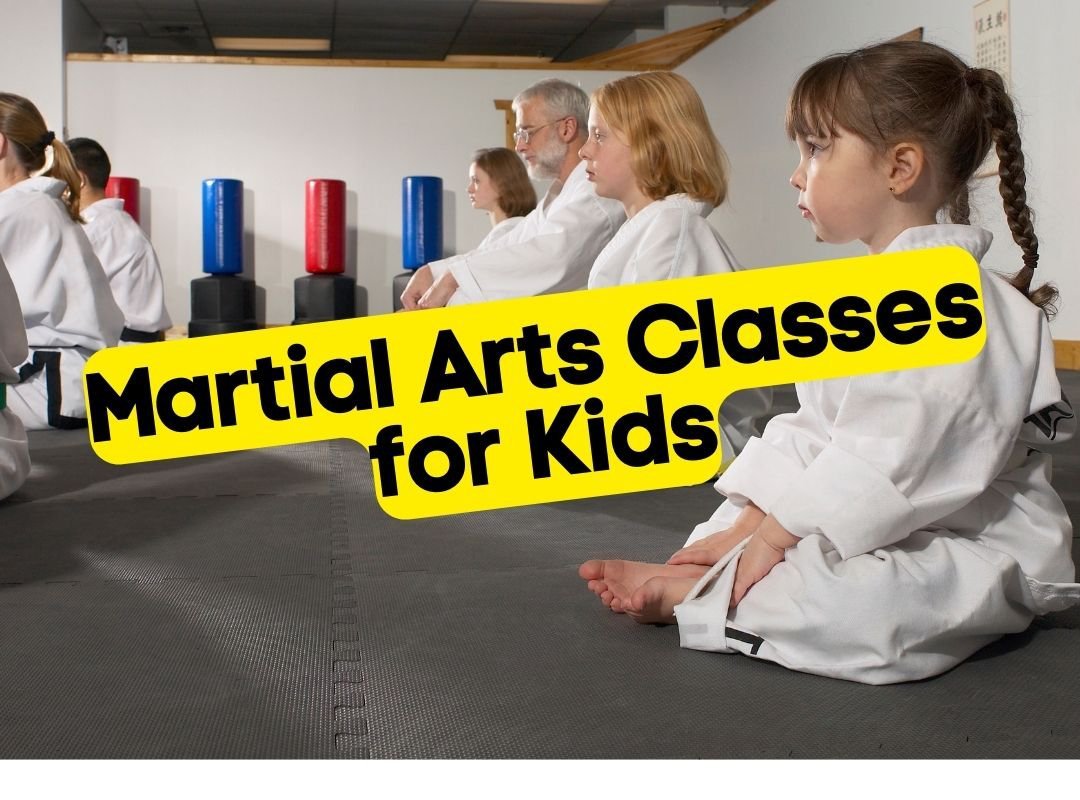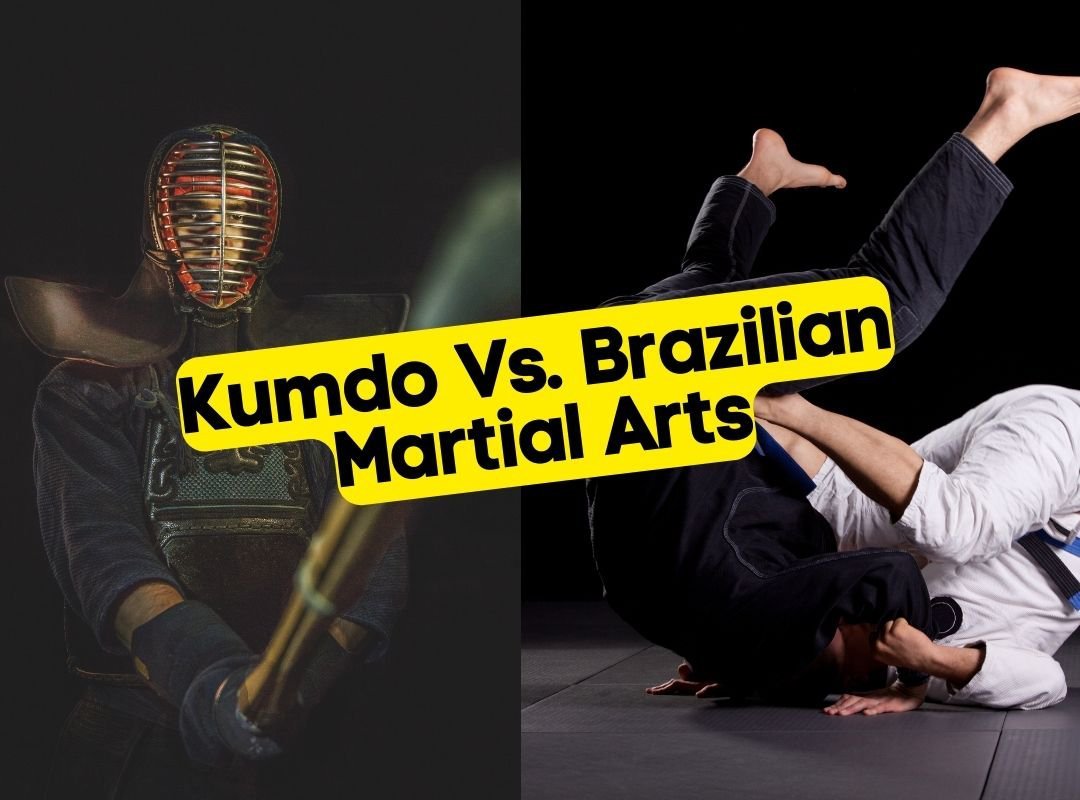Introduction to the Art of Self-Defense
Martial arts have a rich and diverse history that spans across cultures and continents. From ancient civilizations to modern times, the practice of martial arts has been used for self-defense, physical fitness, and personal development. The origins of martial arts can be traced back to ancient civilizations such as China, India, and Greece, where warriors and soldiers developed combat techniques to protect themselves and their communities.
Self-defense is a fundamental aspect of martial arts. It involves learning techniques and strategies to protect oneself from physical harm. In today's world, where personal safety is a concern for many individuals, the importance of self-defense cannot be overstated. By learning martial arts, individuals can gain the skills and confidence needed to defend themselves in dangerous situations.
The Benefits of Martial Arts Training for Physical Fitness
One of the key benefits of martial arts training is improved cardiovascular health. Martial arts involve intense physical activity that raises the heart rate and improves cardiovascular endurance. Regular practice of martial arts can help strengthen the heart, improve blood circulation, and reduce the risk of cardiovascular diseases.
In addition to cardiovascular health, martial arts training also increases strength and flexibility. The various techniques and movements involved in martial arts require the use of different muscle groups, leading to increased strength and muscle tone. Moreover, the stretching exercises and movements in martial arts help improve flexibility, which can enhance overall physical performance and reduce the risk of injuries.
Another benefit of martial arts training is weight loss and body composition changes. The high-intensity workouts and calorie-burning nature of martial arts can help individuals shed excess weight and improve body composition. Regular practice of martial arts can lead to increased muscle mass, decreased body fat, and improved overall body composition.
Developing Self-Confidence Through Martial Arts
Martial arts training can have a profound impact on an individual's self-confidence. Through the practice of martial arts, individuals can overcome fear and self-doubt, and develop a sense of self-assurance and belief in their abilities.
One way martial arts helps build self-confidence is by setting and achieving goals. In martial arts, individuals set goals for themselves, whether it's mastering a new technique, earning a higher belt rank, or competing in tournaments. By working towards and achieving these goals, individuals gain a sense of accomplishment and confidence in their abilities.
Another way martial arts helps build self-confidence is by building a positive self-image. Through regular practice and training, individuals develop physical and mental strength, discipline, and resilience. These qualities contribute to a positive self-image and a belief in one's own abilities.
The Mental and Emotional Benefits of Martial Arts Practice
In addition to the physical benefits, martial arts practice also offers numerous mental and emotional benefits. One of the key benefits is stress relief and relaxation. The physical activity and focus required in martial arts help release endorphins, which are natural mood enhancers. Regular practice of martial arts can help reduce stress, anxiety, and depression, and promote a sense of calm and relaxation.
Martial arts training also improves focus and concentration. The techniques and movements in martial arts require mental focus and concentration, which can help individuals improve their ability to concentrate and stay focused in other areas of life. This improved focus can have a positive impact on academic and professional performance.
Furthermore, martial arts practice increases self-awareness and mindfulness. Through the practice of martial arts, individuals learn to be present in the moment, to be aware of their thoughts and emotions, and to cultivate a sense of mindfulness. This increased self-awareness can lead to better decision-making, improved emotional intelligence, and a greater sense of overall well-being.
The Importance of Discipline in Martial Arts Training
Discipline is a fundamental aspect of martial arts training. It involves consistency, commitment, and adherence to a set of rules and principles. The practice of discipline in martial arts can have a profound impact on an individual's personal and professional life.
Consistency and commitment are essential in martial arts training. Regular practice and training are necessary to develop and improve skills. By committing to regular training sessions and showing up consistently, individuals develop discipline and a strong work ethic that can be applied to other areas of life.
Respect is another important aspect of discipline in martial arts. In martial arts, individuals learn to respect themselves, their instructors, and their training partners. This respect extends beyond the training environment and can have a positive impact on relationships and interactions with others.
Developing a strong work ethic is also a key component of discipline in martial arts. Martial arts training requires dedication, perseverance, and hard work. By consistently putting in the effort and pushing through challenges, individuals develop a strong work ethic that can be applied to other areas of life, such as academics, career, and personal goals.
Understanding the Philosophy Behind Martial Arts
Martial arts is not just about physical techniques and movements; it is also a philosophy and a way of life. The principles of martial arts, such as respect, discipline, and self-control, are deeply rooted in Eastern philosophies and traditions.
One of the key principles of martial arts is the connection between mind, body, and spirit. Martial arts training involves the integration of physical movements with mental focus and spiritual awareness. By cultivating this connection, individuals can achieve a state of balance and harmony within themselves.
Martial arts also play a significant role in personal growth and development. Through the practice of martial arts, individuals learn to overcome challenges, push through limitations, and develop resilience. This personal growth extends beyond the training environment and can have a positive impact on all aspects of life.
How Martial Arts Training Can Help You Manage Stress
Stress is a common and unavoidable part of life. However, martial arts training can provide individuals with effective techniques and strategies for managing stress and anxiety.
One of the techniques for managing stress in martial arts is deep breathing. Deep breathing exercises, such as diaphragmatic breathing, can help activate the body's relaxation response and reduce stress levels. By incorporating deep breathing into martial arts practice, individuals can learn to manage stress and stay calm in challenging situations.
Mindfulness and meditation practices are also integral to martial arts training. Through mindfulness and meditation, individuals learn to be present in the moment, to observe their thoughts and emotions without judgment, and to cultivate a sense of inner peace and calm. These practices can be applied to daily life, helping individuals manage stress and maintain a sense of balance and well-being.
Furthermore, the physical activity involved in martial arts training can have significant benefits for mental health. Regular exercise has been shown to reduce symptoms of anxiety and depression, improve mood, and enhance overall mental well-being. By engaging in regular martial arts training, individuals can experience these mental health benefits and better manage stress.
The Role of Martial Arts in Personal Safety and Self-Defense
While martial arts offer numerous physical and mental benefits, one of the primary reasons individuals choose to learn martial arts is for personal safety and self-defense. Martial arts provide individuals with the skills and techniques needed to protect themselves in dangerous situations.
Techniques for self-defense vary depending on the martial art style, but they often involve strikes, kicks, joint locks, and throws. By learning and practicing these techniques, individuals can develop the skills and confidence needed to defend themselves effectively.
In addition to learning self-defense techniques, martial arts training also emphasizes situational awareness and avoidance. Individuals are taught to be aware of their surroundings, to recognize potential threats, and to take proactive measures to avoid dangerous situations. This awareness and avoidance can be crucial in ensuring personal safety.
Confidence and assertiveness are also essential in self-defense. Martial arts training helps individuals develop confidence in their abilities and assertiveness in asserting their boundaries. By projecting confidence and assertiveness, individuals can deter potential attackers and protect themselves effectively.
Choosing the Right Martial Art for Your Goals and Interests
With the wide variety of martial arts styles available, it can be challenging to choose the right one for your goals and interests. It is essential to consider factors such as your fitness level, personal preferences, and goals when selecting a martial art.
Some popular martial arts styles include karate, taekwondo, Brazilian Jiu-Jitsu, Muay Thai, and judo. Each style has its unique techniques, training methods, and philosophies. It is important to research and try out different styles to find the one that resonates with you.
Finding the right instructor and training environment is also crucial. A knowledgeable and experienced instructor can guide you in your martial arts journey and help you achieve your goals. Additionally, a supportive and positive training environment can enhance your learning experience and motivation.
The Lifelong Benefits of Practicing Martial Arts
The benefits of practicing martial arts extend beyond physical fitness and self-defense. Martial arts training offers lifelong benefits that can positively impact all aspects of life.
Improved physical and mental health is one of the lifelong benefits of practicing martial arts. Regular martial arts training can help individuals maintain a healthy weight, improve cardiovascular health, increase strength and flexibility, and reduce the risk of chronic diseases. Moreover, the mental and emotional benefits of martial arts, such as stress relief, improved focus, and increased self-awareness, can contribute to overall mental well-being.
Increased self-confidence and self-esteem are also lifelong benefits of practicing martial arts. Through the practice of martial arts, individuals develop a sense of self-assurance, belief in their abilities, and a positive self-image. This increased self-confidence can have a positive impact on all areas of life, including personal relationships, academics, and career.
Furthermore, martial arts training promotes lifelong learning and personal growth. The journey of martial arts is never-ending, with new techniques, skills, and knowledge to be learned. By embracing this mindset of continuous learning, individuals can experience personal growth and development throughout their lives.
Conclusion:
Martial arts training offers a wide range of benefits for physical fitness, mental well-being, and personal development. From improved cardiovascular health and increased strength and flexibility to stress relief and increased self-confidence, martial arts can have a profound impact on an individual's life.
By practicing martial arts, individuals can develop discipline, respect, and a strong work ethic. They can also gain a deeper understanding of the philosophy behind martial arts and the connection between mind, body, and spirit. Moreover, martial arts training provides individuals with effective techniques for managing stress, ensuring personal safety, and developing self-defense skills.
Whether you are looking to improve your physical fitness, boost your self-confidence, manage stress, or learn self-defense, martial arts can be a transformative and empowering journey. So, why not give it a try and experience the numerous benefits of martial arts for yourself?










